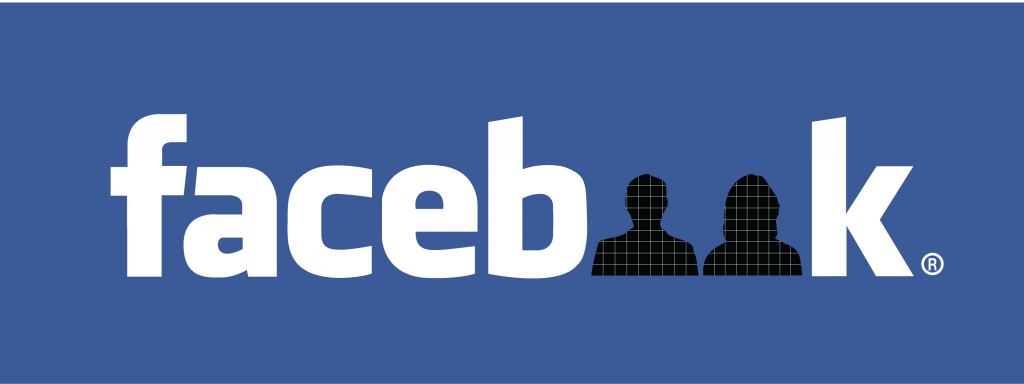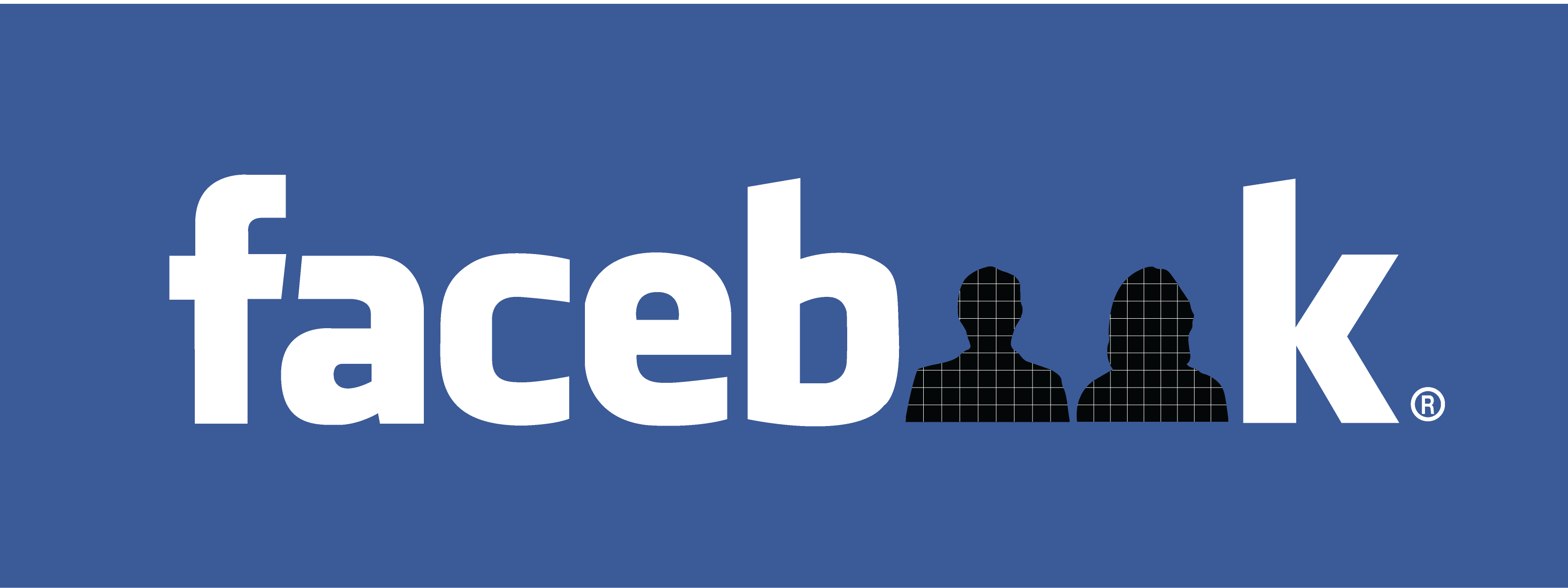
Regular Facebook users are familiar with the “tag suggestions” feature, which enables automatic picture tagging based on facial recognition to save you the hassle of tagging each picture individually. With the numerous changes Facebook has introduced in a short period of time, including the controversial Timeline and updated photo features, you may not have even realized that this feature has disappeared.
According to a recent article in the New York Times, Facebook removed the feature a few months ago to make the tagging tool more efficient, and the company is unsure of when it will be back up and running. What is certain, however, is that Facebook will no longer be using facial recognition software in Europe after a ruling to ban it unless regulators approve it.
I have to admit, the first time I saw Facebook’s ads match the things I was talking to my friends about online, I was freaked out. But giving companies access to your “face” seems to strike an even more personal note.
The issue at hand deals with a fine line that the social media giant has walked before: its use of personal data. A concern is that the vast amounts of facial information collected in Facebook’s colossal database could be made available to the corporate world.
Last week, Facebook announced it has hit one billion monthly active users. There are over 300 million photos uploaded each day. You can now upload up to 1,000 photos in one album.
Many people get wrapped up in the cool factor and don’t spend time reading the fine print and terms of service. Facebook’s evolution has meant that students who were users in the beginning were only connected to other students in a private network, and have since become openly connected to the rest of the world.
Although you don’t have to pay to be a user, as of last week, a limited number of U.S. residents can now pay for promoted posts. For $7, users can ensure that a post’s visibility is bumped, appearing higher on friends’ news feeds.
Last year, Google’s Executive Chairman Eric Schmidt spoke about the future of the Internet and privacy at the Edinburgh International Television Festival.
“There are many challenges we’re still grappling to address,” he said. “For instance, how do we make the world more open while still respecting privacy?”
It is noted in the Times’ article that Redpepper, an Atlanta-based marketing firm, is currently developing software to identify Facebook users in public, but only after their consent.
This is how the company’s website explains how it works:
“Facial recognition cameras are installed at local businesses. These cameras recognize your face when you pass by, then check you in at the location. Simultaneously, your smartphone notifies you of a customized deal based on your Like history.”
It might just take trial and error to figure out the implications of this technology in our society. What will it mean for police forces, immigration officials and advertisers? What will it mean for identity theft and fraud? Will there be regulatory bodies that “own” your face?
“The main problem with all these technologies is the fact that our Canadian law is based on the supposedly free consent of the people,” said Pierre Trudel, a law professor at the Université de Montréal who studies social media. “Since we rely on consent, it’s very hard to enforce or put limits on the use of facial recognition technologies, or any other devices that might be used in order to collect information between people and their preferences and their buying decisions.”
Trudel suggests that privacy commissioners should focus on regulating the settings within networks like Facebook.
It might be more efficient in order to make sure that these technologies are effectively used only in very limited circumstances,” he said.
Right now, the circumstances appear to be unlimited. Popular Mechanics recently published an article on weird ways people are using facial recognition software. Among them are findyourfacemate.com, an online matchmaking service that uses the software to “identify partners more likely to ignite real passion and compatibility” based on facial features, and Doggelanger, which uses “human to canine comparing software” to match rescued dogs with potential owners that look like them. What impact do you think this technology will have in the future?
Graphic by Jennifer Kwan.




